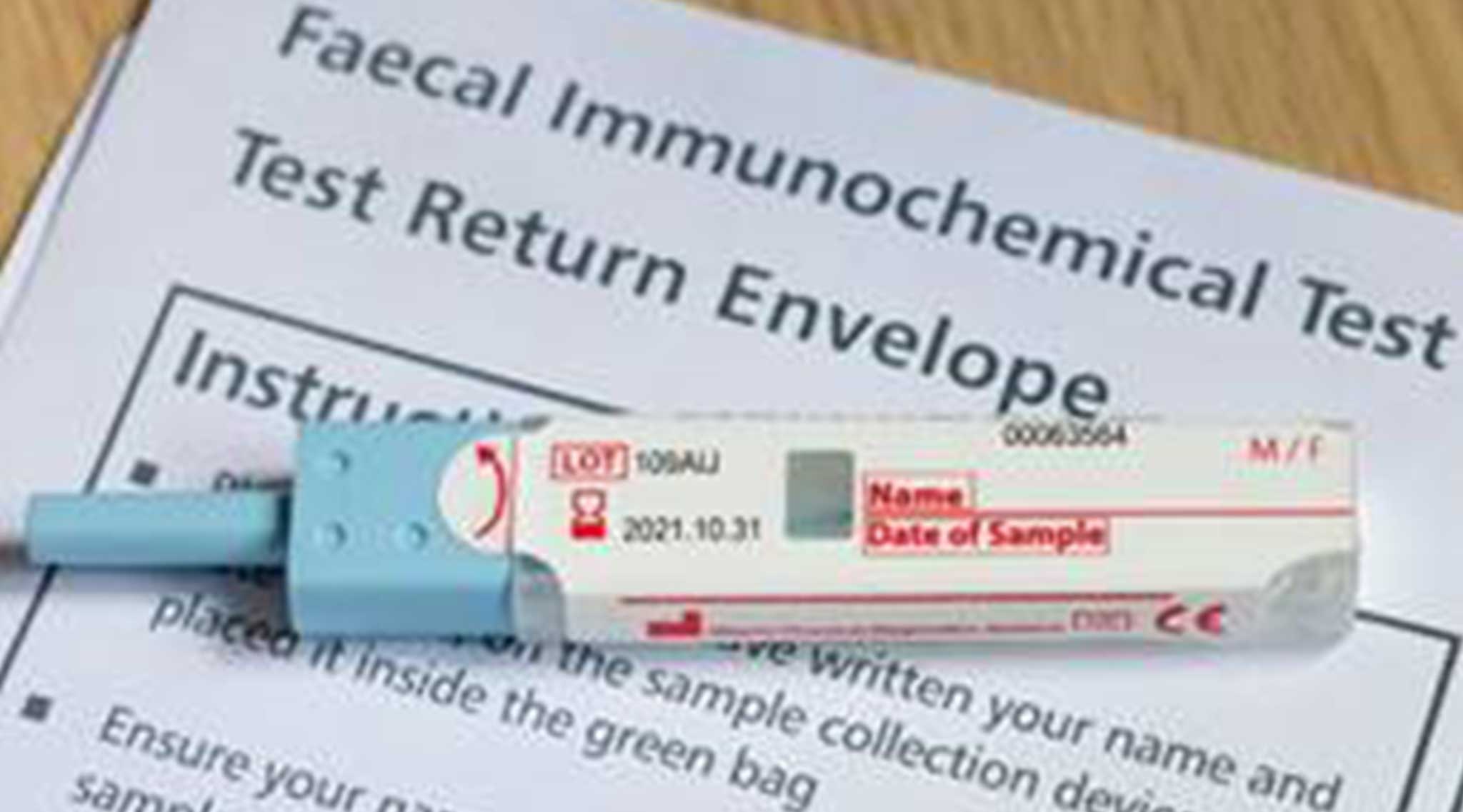For National Colorectal Cancer Awareness Month, NYC Health + Hospitals today announced that it screened over 50,000 patients for colorectal cancer in 2023 using the at-home fecal immunochemical test (FIT), a 20% increase over 2022. FIT is an easier, less invasive screening test for colon cancer. The health system increased patient engagement by launching a Colorectal Cancer Screening Registry, which captures all patients who are eligible for a colorectal cancer screening and encourages their primary care provider to offer a test at their annual appointment. The system also increased the availability of prepaid envelopes and instructions available in 14 languages to reduce barriers to patients collecting their samples and mailing back their tests for processing.
Colorectal cancer, also known as colon cancer, occurs in the colon or rectum and is the second-leading cause of cancer death in New York City. NYC Health + Hospitals offers colonoscopies and FIT kits to help prevent colon cancer or find it early when it is more treatable. When colon cancer is detected at an early stage, the 5-year relative survival rate is about 90 percent; however, only 4 out of 10 colon cancers are found this early. To make an appointment, call 1-844-NYC-4NYC. Last year, NYC Health + Hospitals/Harlem CEO Georges H. Leconte, MPA, FAB, RRT allowed cameras to follow him as he prepped and underwent a routine colonoscopy to help encourage more New Yorkers ages 45 to 75 to get screened for preventable cancer and to de-stigmatize the potentially life-saving procedure. View Mr. Leconte’s video here, and learn more here about FIT from NYC Health + Hospitals Vice President and Chief Population Health Officer Dr. Nichola Davis.
“If you’re between ages 45-75, get screened for colon cancer,” said Nichola Davis, MD, MS, Vice President and Chief Population Health Officer at NYC Health + Hospitals. “FIT as an easy, less invasive alternative and a way to do routine screenings. The test can be done from the comfort of your home. We’ve made considerable strides in improving the effectiveness of our colorectal cancer screening programs with FIT. We now distribute prepaid envelopes to make it easier for patients to return the FIT, and have enhanced data that makes it easy for us to track screening and follow-up for our patients. Screening saves lives.”
“Regular screening for colon cancer is the key to preventing colorectal cancer,” said Andrew Wallach, MD, Ambulatory Care Chief Medical Office at NYC Health + Hospitals. “Screening tests can find pre-cancerous lesions and remove them before they develop into cancer; they can also find cancers early when treatment is most effective. I am proud of the work of our Ambulatory Care teams whose focus on promoting healthy lifestyles helps keep New Yorkers healthy.”
“Colorectal cancer screening in ambulatory care is paramount, as early detection can save lives and significantly improve patient outcomes,” said Dr. Joseph Williams, Deputy Chief Medical Officer, NYC Health + Hospitals/Gotham Health. “At Gotham Health, our care team places a high emphasis on outreach, patient education, and data analysis, to improve colorectal cancer screening.”
Brochure: What You Need to Know About Colon Cancer
Often, colon cancer does not show signs or symptoms until it grows or spreads, which is why it is important to screen for it regularly. Symptoms of colon cancer can include blood in the stool or rectum, sudden weight loss, and diarrhea or constipation that doesn’t go away. New Yorkers should talk to their doctor if they experience any of these symptoms.
If you get a FIT at NYC Health + Hospitals, your provider will send you home with a test kit (pictured above). You will use a brush to obtain a small amount of stool (poop), then return the test kit by mail or to the lab for testing. The FIT kit should be completed once a year, as long as blood is not detected in your stool. If blood is detected, you may need a follow-up colonoscopy.
A colonoscopy is a procedure where a doctor inserts a flexible tube with a camera on the end (colonoscope) into your rectum to check for signs of cancer. The doctor can find and remove most small growths and some cancers. Colonoscopies have a low risk for complication and are usually painless as you are asleep during the procedure. Your NYC Health + Hospitals provider will give you instructions on how to prepare for your colonoscopy.
WATCH: NYC Health + Hospitals Vice President and Chief Population Health Officer Dr. Nichola Davis explains the difference between a fecal immunochemical test (FIT) and a colonoscopy
New Yorkers are more likely to get colorectal cancer if they:
- Are older (the older you get, the higher your risk)
- Have a personal history of colon cancer or polyps
- Have a family history of colon cancer
- Have certain inherited risks, such as familial adenomatous polyposis or Lynch syndrome
- Have inflammatory bowel disease, like ulcerative colitis or Crohn’s disease
- Do not exercise regularly
- Have obesity
- Drink alcohol
- Smoke
To lower your risk of colon cancer:
- Maintain a healthy weight
- Eat fewer processed meats, such as hot dogs and deli meats
- If you smoke, make a plan to quit
- Exercise regularly
- Reduce the amount and how often you drink alcohol
Most insurance plans, including Medicaid and Medicare, cover colon cancer screenings starting at age 45. Consult with your NYC Health + Hospitals health care provider about your colon cancer risk and with your insurer about your coverage before your screening test. New Yorkers who do not qualify for or cannot afford health insurance may be eligible for NYC Health + Hospitals’ health care access program NYC Care. For more information call 1-646-NYC-CARE (1-646-692-2273). Not a NYC Health + Hospitals patient? Call 1-844-NYC-NYC (1-844-692-4692) or visit website.












